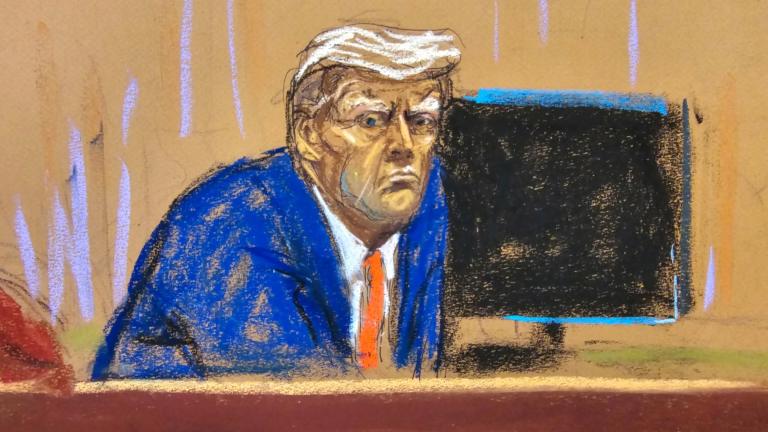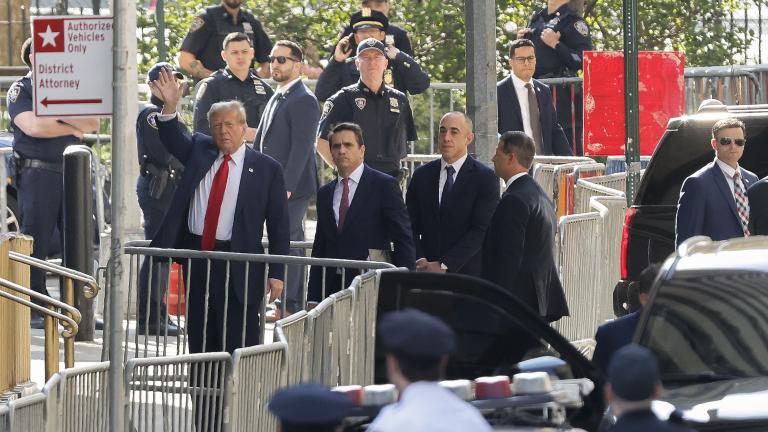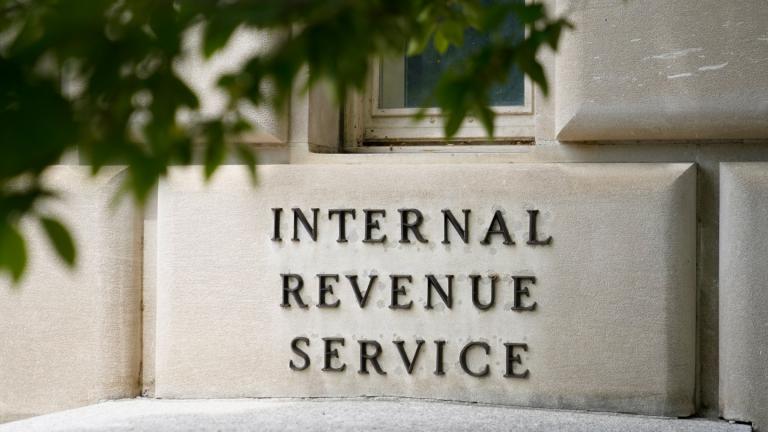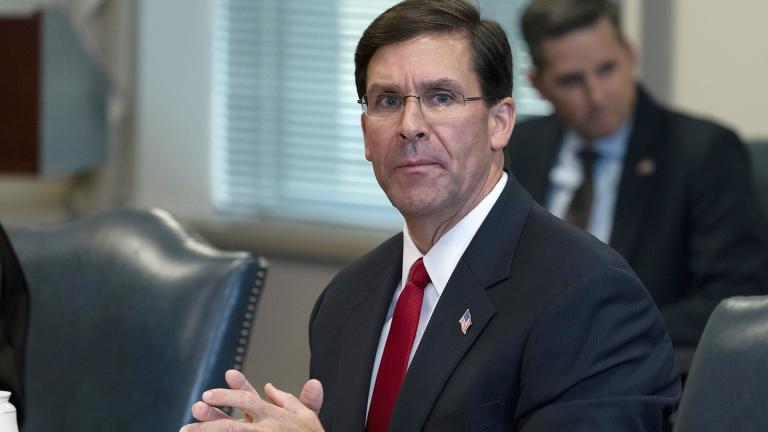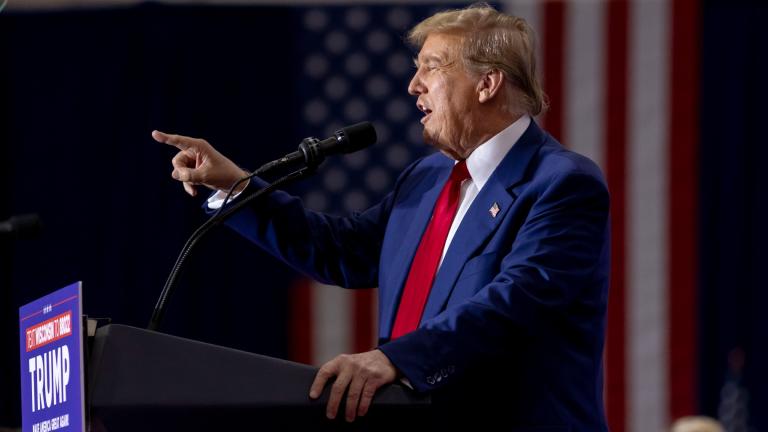There is apparent consensus among U.S. intelligence agencies that hackers working for the Russian government, and on the orders of President Vladimir Putin, did seek to influence the U.S. presidential election.
An unclassified intelligence community assessment released Friday concluded: “We assess Russian President Vladimir Putin ordered an influence campaign in 2016 aimed at the US presidential election. Russia's goals were to undermine public faith in the US democratic process, denigrate Secretary Clinton, and her electability and potential presidency. We further assess Putin and the Russian Government developed a clear preference for President-elect Trump.”
However, John Mearsheimer, political science professor and the co-director of the Program on International Security Policy at the University of Chicago who is an expert on U.S. foreign policy, was unimpressed with the publicly disclosed findings.
He says the report contained “a lot of information that is largely irrelevant” and that for him the key issue was whether the Russian government was responsible for hacking the Democratic National Committee and the emails of John Podesta, the former chairman of Hilary Clinton’s campaign, and passing them on to WikiLeaks.
“There is zero evidence in the report that that is the case,” said Mearsheimer.
He says much of the dislike the Russians may have for former Secretary of State Clinton because of the west’s support for what was effectively a coup against the pro-Russian leadership in the Ukraine in 2014.
“Since Feb. 22, 2014 when you had the coup in Ukraine, and then Russia took over Crimea in March of 2014, the relations between the United States and Russia have been absolutely terrible and Hilary Clinton played a key role in fostering those bad relations,” said Mearsheimer. “She’s made it clear that she’s not interested in cutting the Russian’s any slack and she wants to be very tough on them.”
Given that dynamic, Mearsheimer says, it makes good sense for Russia to favor President-elect Donald Trump over Clinton.
“They would be crazy to do otherwise.”
Karen Alter, professor of political science and law at Northwestern University and an expert on international relations, law and human rights, finds the case against Russia and its alleged role in interfering in the presidential election more convincing. She says that while the publicly released information may not convince everyone, the apparent unanimity among U.S. intelligence agencies that Russia was responsible for hacking the DNC and Podesta is persuasive.
“I haven’t heard anyone raise a problem with this intelligence which is what makes me inclined to believe it,” said Alter.
She believes that the Russian campaign began as an attempt to discredit and undermine Clinton but that over time that morphed into active support for Trump.
Alter says that one of her biggest concerns is that Russia will also attempt to interfere in upcoming European elections on the side of populist candidates. She also notes that one of the reasons why Putin may want to be more assertive on the world stage is because of a relatively poor economy at home. But she warns he is also trying to figure out how far he can push the U.S. and NATO, especially in the Baltic states.
“Putin is trying to figure out how much he can get away with. He is trying to figure out where is the line that Trump would draw to say you can’t go that far. I think he will grab as much as he can grab,” she said.
Mearsheimer and Alter join host Phil Ponce in discussion.
Related stories:
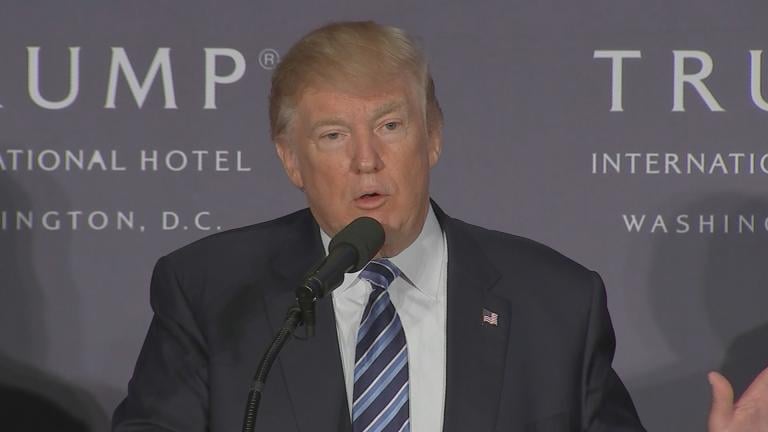 Women to March, Rally in Chicago Day After Trump is Inaugurated
Women to March, Rally in Chicago Day After Trump is Inaugurated
Jan. 4: Thousands of women are expected to march through the city on Jan. 21 – regardless of the weather. “It could be 4 degrees out and we’ll be marching,” said organizer Liz Radford.
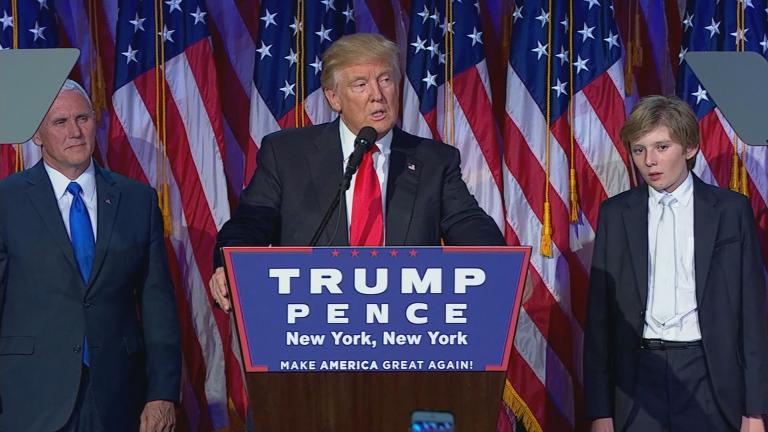 Trump Denies Russian Hacking, But Some Electors Rally Ahead of Vote
Trump Denies Russian Hacking, But Some Electors Rally Ahead of Vote
Dec. 12: Donald Trump denies Russian hacking during the presidential election but some Electoral College members are now demanding a security briefing before casting their electoral votes on Dec. 19.
 How Everyday Home Devices Were Used to Shut Down Major Websites
How Everyday Home Devices Were Used to Shut Down Major Websites
Oct. 31: A massive cyberattack temporarily takes down major websites. Find out how hackers use household devices to wreak havoc online.

